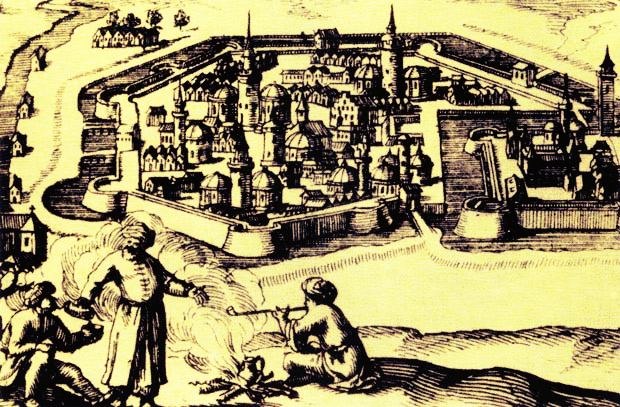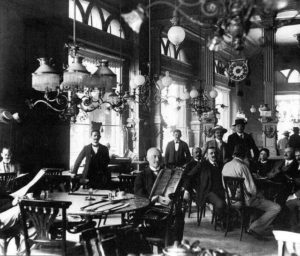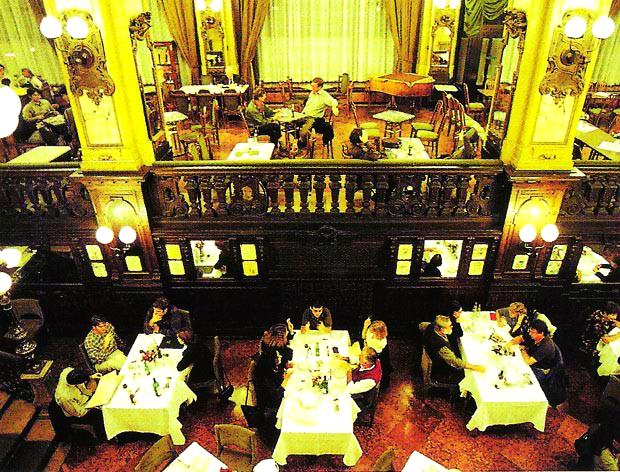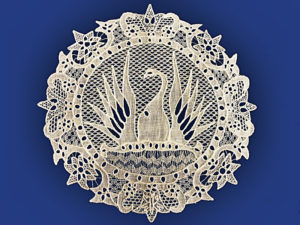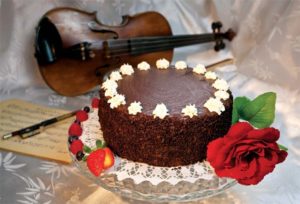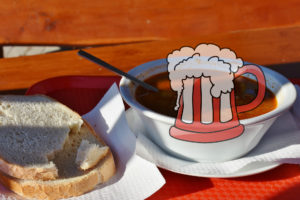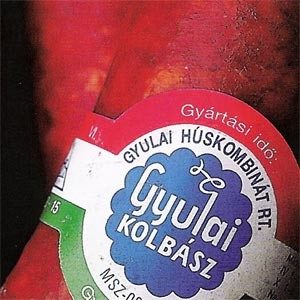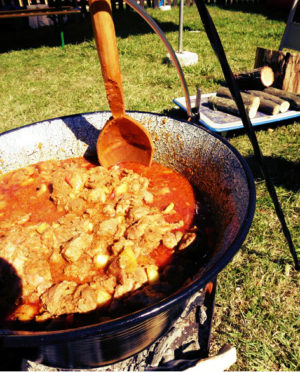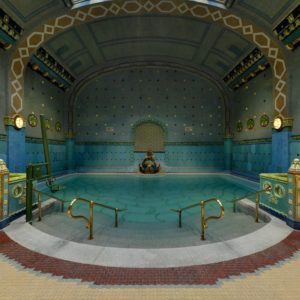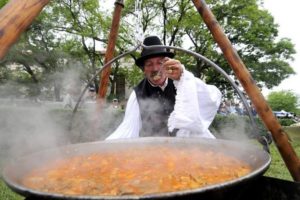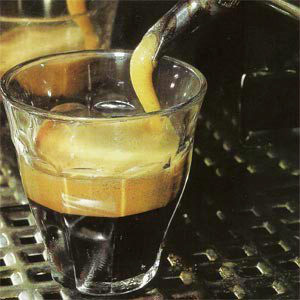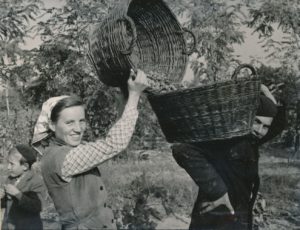Hungarian coffeehouses – Turkish heritage and now
In the first half of the 20th century Budapest, like Vienna, was a city of coffeehouses. Nowadays, it is a futile exercise to seek the once famous institutions; instead there are only fast-food outlets, banks, or stores. Only a connoisseur’s eye would still be able to detect their traces – unusually large display windows, lavish interior decorations, and generously proportioned, inviting doors.
Turkish heritage
If you discount the Turkish coffee shops that were available to Muslims only at the time of the Ottoman domination of Buda, the first coffeehouse opened in the area of present-day Budapest at the beginning of the 18th century On the Pest side, close to the Danube, somewhere between the present-day Elisabeth and Freedom bridges, a certain Blasius, a Serb who lived in the city, founded a café that soon had countless imitators.
Coffeehouses flourished with the industrial age, when the up-and-coming middle classes gradually turned them into an important social institution. A Hungarian coffeehouse was also the birthplace of the 1848 revolution, eventually ending in the Hungarian War of Liberation. On 14 March 1848 news spread from the Café Pilvax that revolution had broken out in Vienna. The next morning, in the same café, the young poet Sándor Petőfi (1823-49) read aloud for the first time his national anthem, “Arise Magyars, your homeland calls!…”
… and now
During the first half of the 20th century many literary figures spent a large part of their time in coffeehouses. Their stories describe the atmosphere of the coffeehouses so accurately, it is easy to relate to them. Many readers believe that, on entering a famous coffeehouse for the first time, they would be able to identify it immediately from the detailed descriptions. The coffeehouses were spacious and lavishly furnished. Their huge glass windows ensured a good view in and out, so that life in the café seemed to be a more leisurely continuation of bustling street life. Service was attentive and unassuming, the coffee houses never closed, and you could sit for hours over just one cup of coffee, leafing through newspapers, or playing cards, chess, or even, in some places, billiards.
Many coffeehouses served hot food at lunch and dinner, and sometimes there were musical or artistic diversions too. These premises, whether elegant or modest, offered like-minded persons a pleasant environment in which to meet informally; radiating a secure, homely atmosphere, they also ensured that even people of limited means had a social salon.



